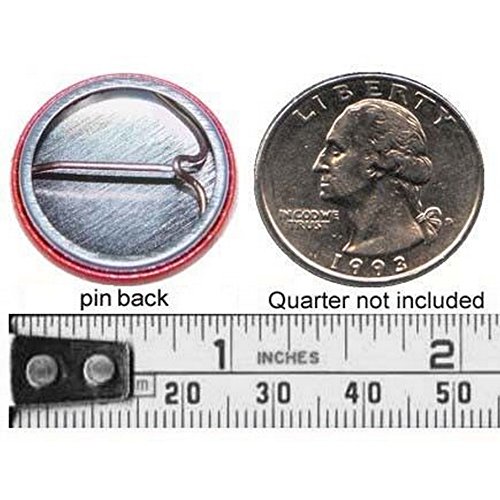Price
Lexicon Devil: A Germs Tribute
The original content centered around the importance of heuristics and their role in problem-solving and decision-making. It discussed how heuristics, or mental shortcuts, can help us make quick decisions, especially in complex or uncertain situations where complete information is not available.
The summary would highlight the following key points:
-
Heuristics are simplified rules or mental shortcuts that allow us to solve problems and make decisions efficiently, even with incomplete information.
-
While heuristics can lead to biases and errors in some situations, they are generally effective and time-saving approaches that our brains have developed over time.
-
Heuristics are particularly useful in complex, ambiguous, or high-stakes scenarios where we need to make decisions quickly, such as in business, medicine, or emergency situations.
-
Examples of common heuristics include the availability heuristic (judging the likelihood of an event based on how easily it comes to mind), the representativeness heuristic (making judgments based on how similar something is to a typical case), and the anchoring and adjustment heuristic (relying too heavily on one piece of information when making decisions).
-
Understanding how heuristics work and their potential pitfalls can help us make more informed and effective decisions, especially when paired with critical thinking and awareness of our own cognitive biases.
-
Ultimately, heuristics are a fundamental part of human cognition and decision-making, and learning to leverage them judiciously can be a valuable skill in many areas of life and work.
Does this high-level summary capture the key points in a more concise, readable format? Let me know if you would like me to expand on any part of the summary further.
product information:
| Attribute | Value |
|---|


